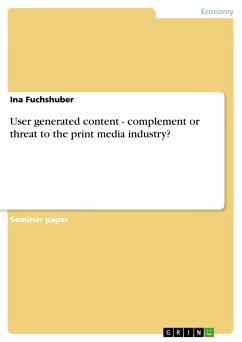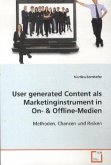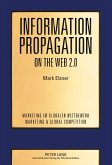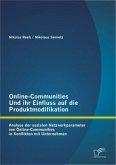The number of Internet users is steadily growing. Currently, 55% of all Germans go online on a regular basis compared to 28% in 2001 - and there is no end in sight to this upward trend. Today's young people are growing up with the Internet and the Internet is growing up with them. It is evolving: the term for what is happening now in cyberspace is"Web 2.0", an expression coined at a conference in 2004 by the web-business mogul Tim O'Reilly, to describe a new evolutionary phase of the Internet. The phrase is shorthand for the second Internet boom, which now follows the one that ended in late 2001 with the biggest destruction of investors'capital in history.
The bursting of the so-called dotcom bubble 6 years ago marked a turning point for the web. At that time, many people concluded that the Internet was over-hyped. Bubbles and the subsequent shakeouts, however, appear to be a common feature of all technological revolutions. They have always marked the point at which real success stories developed their full scope and showed their strength.
The defining feature of the current evolutionary phase of the web is that established companies are giving huge amounts of money to start-ups which have three things in common: they have grown from nowhere with astonishing speed; they often have no revenue stream to speak of; and most of their content is produced by their users.
Google paid $1.65bn for the acquisition of Youtube, Rupert Murdochs's News Corp. bought Myspace for $ 580m, and Holzbrinck fully took over Studivz.net for about EUR 85m, to give just a few examples of recent"Web 2.0 deals".
What makes these so-called online communities so valuable? The answer to this question may be surprising: The deployed technologies are more or less the same as 6 years ago, but what all these new sites share is a new approach to creating things:"user-generated content", in the jargon. The Internet is no longer about corporations telling users what to do, think or buy; it is about the content people create themselves. Participation, not publishing, is the keyword.
Hinweis: Dieser Artikel kann nur an eine deutsche Lieferadresse ausgeliefert werden.
The bursting of the so-called dotcom bubble 6 years ago marked a turning point for the web. At that time, many people concluded that the Internet was over-hyped. Bubbles and the subsequent shakeouts, however, appear to be a common feature of all technological revolutions. They have always marked the point at which real success stories developed their full scope and showed their strength.
The defining feature of the current evolutionary phase of the web is that established companies are giving huge amounts of money to start-ups which have three things in common: they have grown from nowhere with astonishing speed; they often have no revenue stream to speak of; and most of their content is produced by their users.
Google paid $1.65bn for the acquisition of Youtube, Rupert Murdochs's News Corp. bought Myspace for $ 580m, and Holzbrinck fully took over Studivz.net for about EUR 85m, to give just a few examples of recent"Web 2.0 deals".
What makes these so-called online communities so valuable? The answer to this question may be surprising: The deployed technologies are more or less the same as 6 years ago, but what all these new sites share is a new approach to creating things:"user-generated content", in the jargon. The Internet is no longer about corporations telling users what to do, think or buy; it is about the content people create themselves. Participation, not publishing, is the keyword.
Hinweis: Dieser Artikel kann nur an eine deutsche Lieferadresse ausgeliefert werden.








